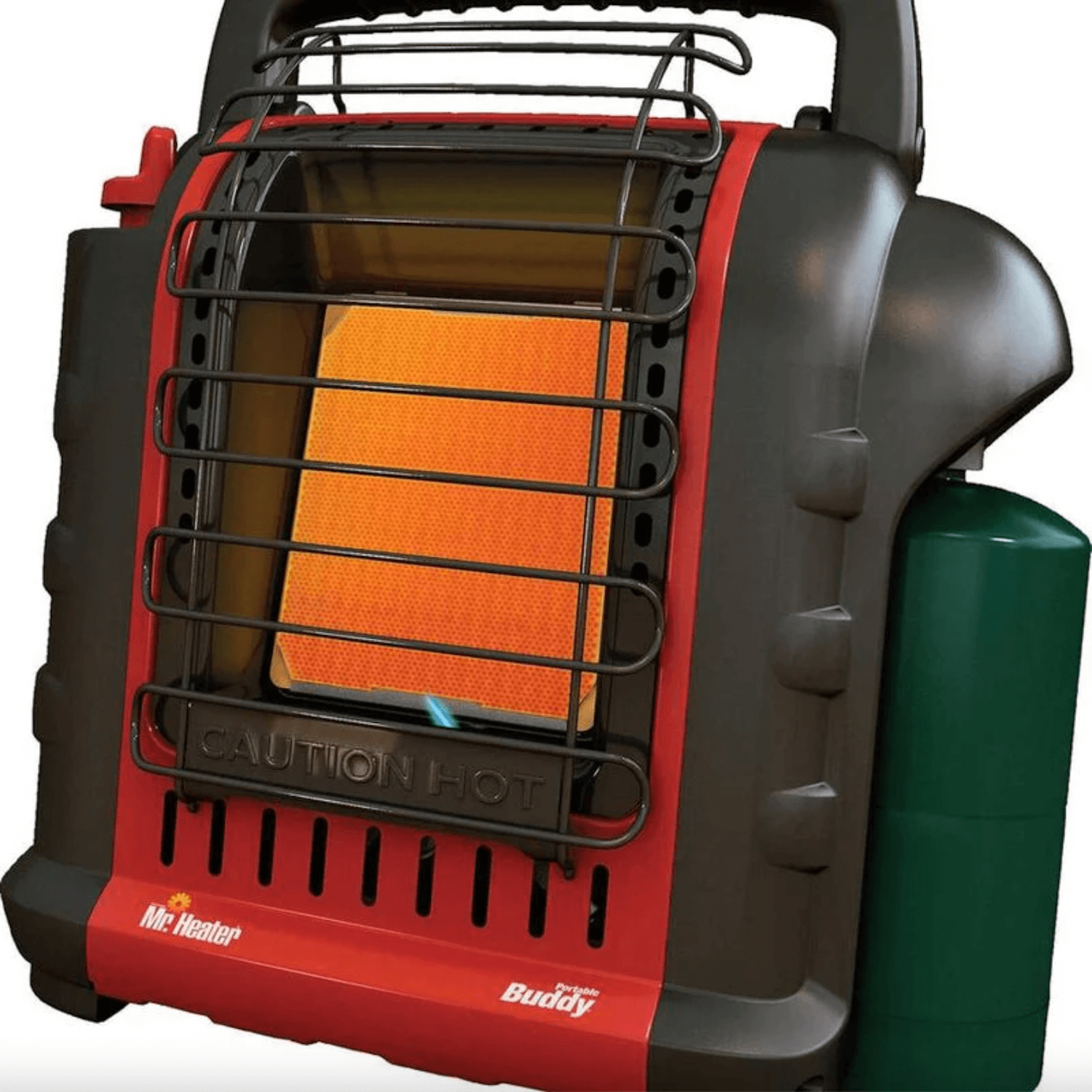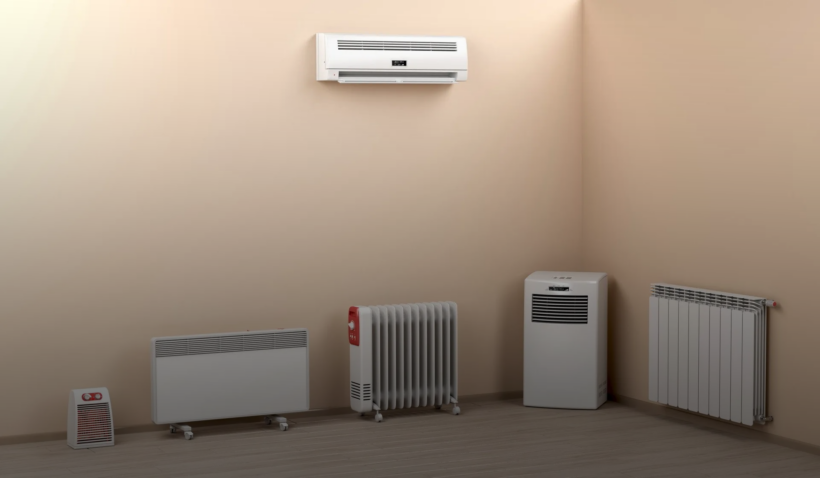Rumored Buzz on 1 Source Portable Air
Wiki Article
Little Known Facts About 1 Source Portable Air.
Table of ContentsWhat Does 1 Source Portable Air Mean?Examine This Report on 1 Source Portable AirSome Ideas on 1 Source Portable Air You Should KnowThe 9-Minute Rule for 1 Source Portable AirThe Buzz on 1 Source Portable Air
Running expenses are based upon an electrical power rate of 40c/kWh. The costs for 3 months' usage in winter season are based upon 500 hours make use of, or approximately 6 hours daily for three months. Maximum warmth output is based on the optimum power level of the designs we've evaluated (we concentrate on greater wattage heating units).
On standard, small follower heaters are much less pricey to buy, but can have higher running costs. Oil column heating units will certainly be the least expensive on the market to run (on average) but just by a narrow margin ahead of convection heating units (like panel and micathermic panels).
The smart Trick of 1 Source Portable Air That Nobody is Discussing
If you have a reversible ceiling follower, it'll assist distribute the warmth around the area more uniformly. The versions in our electric heating units examination commonly array in rate from well under $100 to over $900, yet we have actually located a greater price does not constantly mean better efficiency. A number of pricey heating systems have actually failed to excite our testers, while some less expensive designs create remarkably bargains.As the name suggests, they radiate warmth from a red-hot home heating aspect (so the family will need to take turns being in front of it). There are floor and wall-mounted versions offered. Radiant heating units are fairly inexpensive. They have a cosy glow and personal warming effect, like sitting in front of a fire.
The relatively revealed burner can be a fire and security danger. An item of apparel dropped over it may ignite, or tiny kids playing around a floor model might shed themselves, so be careful. Radiant heating systems typically cost between $20 and $200. Oil-filled column heating units do not really shed oil they make use of electrical power to heat up the oil that's sealed inside their columns or 'fins'.
The Of 1 Source Portable Air
Some column heating systems aren't even oil-filled yet rather make use of various other product or heating modern technology to work similarly - 1 Source Portable Air. The risk of fire with an oil column heater is reduced contrasted to other heating system types, however never zero. Oil heating units do not have actually subjected elements like radiant heaters do, and their surface temperature is lower than many other heating unit kinds (their large surface makes up for it)Oil column heating units won't take off, and while they do not burn their oil to create warm, it's still flammable, so there is a fire threat if the oil leakages, if the heating unit topple and leaks, or if combustible objects or fabric enter contact or drop on the heating unit. You need to exercise the very same degree of caution with oil heating units when it comes to other heating unit types, and never hang towels or clothes over one to completely dry them utilize a drying rack instead, a minimum of one metre away.
Column read the article heaters are specifically useful in spaces where they'll be activated for extended periods of time or where they'll run neglected, such as over night in a room. The surfaces you're most likely to touch on a column heating unit don't obtain as hot as other kinds of electric heaters. You can use a ceiling follower on very reduced speed to aid the column heating system to distribute the warm quicker and extra uniformly.
Oil-filled column heating systems generally cost in between $50 and $450. Convection and panel heating units draw cool air over an electrical home heating aspect.
Not known Incorrect Statements About 1 Source Portable Air

Convection and panel heating systems are more portable than their oil-filled column heating system counterparts due to the fact that they're considerably lighter. Like a column heater, you can use a ceiling follower on very reduced speed to distribute the warm much faster and much more evenly.

All about 1 Source Portable Air
Follower heaters are often smaller sized and much more mobile than other electric heating units. They also are available in the kind of tower fan heaters, which can be much better for distributing warm around larger areas because of their taller profile. They can warm the air in an area a lot more swiftly, equally and promptly than a few other heating unit types.Follower heating systems (ceramic or otherwise) normally cost between $60 and $900. Ceramic fan heaters aren't necessarily any type of various in cost to non-ceramic designs.
Report this wiki page